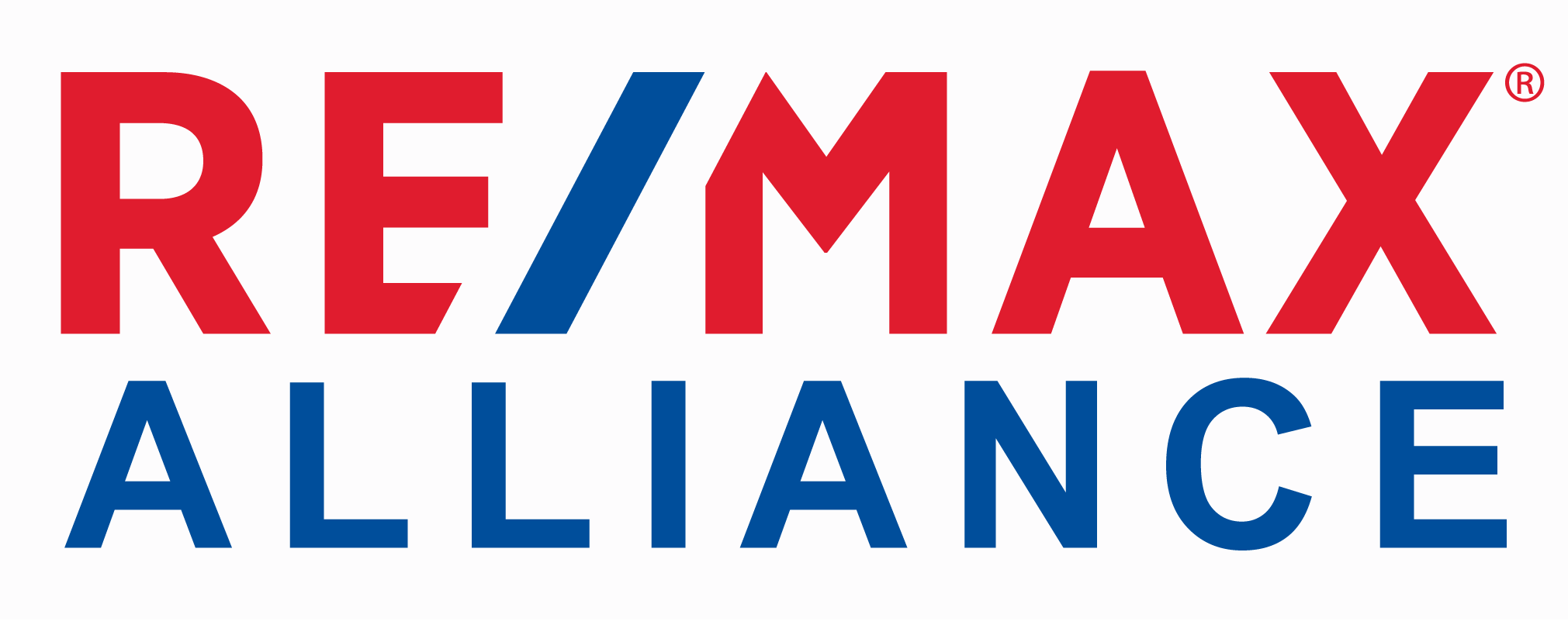Common Mortgage Myths
For most people across North America, buying a home or property with cash is not possible. Because of this, banks and other lenders offer mortgage loans to those that qualify. A mortgage loan isn't a bad thing; it's a way for many people to be able to own a home. As with any popular subject, there are some common myths surrounding mortgage loans. While not every buyer will need a mortgage, it's important to discern the myths from the facts when it comes to modern mortgage loans.
Twenty Percent Down Payment
This is one of the most popular myths surrounding mortgage loans, and it's also one of the most outdated. While it may have been a requirement many years ago, a buyer does not need to have 20 percent of a home's purchase price in order to qualify for a loan. While it may be financially better to put down 20 percent, there are a number of different loans and options that allow potential buyers to get a mortgage with less than 20 percent down. In the U.S., an FHA mortgage for first-time buyers requires a minimum 3.5 percent down; VA mortgages allow for zero down; USDA home loans require nothing down; and a number of other programs allow buyers to put anything from 3 to 10 percent down. If you're thinking of buying a home and you know you'll need a mortgage loan, don't be fooled by the 20 percent myth: there are many mortgage options available to buyers today.
Prequalifying Guarantees A Loan
It may seem like, with the steps you go through to get pre-qualified, a mortgage loan will be a sure thing. But that's not the case. Prequalification is not preapproval. Prequalification is the initial step in the mortgage process, and while an important step as it can provide an idea of a potential mortgage loan amount, it is not the actual approval. Prequalification generally only uses basic financial information and is not a guarantee of a loan. Preapproval is a more thorough process that generally involves looking at your financial statements and credit report. Before you begin your home search, get preapproved to ensure you're looking at properties that fall within your budget.
Need Excellent Credit
There are a number of factors that go into mortgage approval, and while creditworthiness and debt-to-income ratio are both considered, you do not need to be 'excellent' in either of these areas in order to get a mortgage loan. The minimum credit score necessary for a conventional loan in the US is 620; for a traditional mortgage in Canada, it's 680. As for debt-to-income (DTI) ratio: while it's best to have as little debt as possible when looking to purchase a home, Fannie Mae and Freddie Mac (government-sponsored agencies that publish standards for conventional mortgage approval in the U.S.) have the maximum allowable DTI at 50 percent, meaning those with current debt are not at a loss when it comes to qualifying for a mortgage loan.
Only Get The Advertised Rate
It's often said if it's too good to be true, it generally is. The same can be said for mortgage interest rates. When looking for a loan, interest rates will be listed online, in newspapers, and wherever else lenders advertise. Those advertised rates will be appealing to buyers, but the reality is that most of the time advertised interest rates are only reserved for those who have a perfect credit score, have an incredible debt-to-income ratio, and are likely putting down a very large down payment. Interest rates are influenced by a number of factors, which of course aren't included in the advertisement (just in the incredibly small fine print); because of this, go into the mortgage loan process with the understanding that you may not receive the advertised interest rate.
Down Payment Covers Closing Costs
When buying a home with a mortgage, there's always talk of a 'down payment,' which for most buyers is a large chunk of money paid up front and ultimately lowers the final amount of a mortgage loan. But while this IS a large payment, it does not cover closing costs. Closing costs are the processing fees paid to the lender in exchange for creating and finalizing the loan. They are due when you close on the loan, but they are separate and independent of the down payment. Closing costs can range from 2% to 6% of the total loan balance. Buyers do have the option of negotiating with the seller on covering closing costs, but it's never a guarantee and some locales limit the amount the seller can contribute. As you're looking for homes and understanding the mortgage process, remember to account for closing costs in your calculations.
Mortgage loans can be confusing and intimidating, especially with the number of myths out there about them. If you still have questions, your agent can help or refer you to someone with more knowledge - they may even have a lender they’ve worked with and recommend. Buying a home with a mortgage loan is still widely popular throughout North America - don’t let the myths fool you out of achieving the goal of home ownership.
It's a New Year, and homes and properties are available all over North America.





